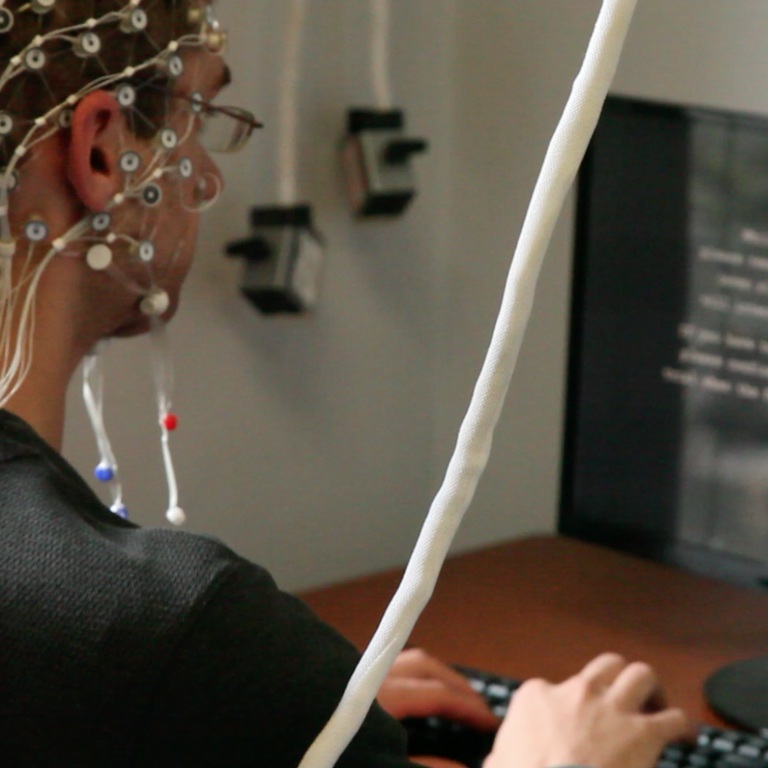by Jean Matelski-Boulware, Center for Practical Wisdom
Assistant Professor of Psychology Ankita Sharma and Roshan Lal Dewangan (research associate) from the Indian Institute of Technology Jodhpur, India are researching aspects of wisdom using Western models within a South Asian context.
Sharma notes “in psychological science, present understanding of wisdom largely represents findings and reflections from the West; whereas, Indian contribution is minimal. We are looking for demographic variants in wisdom concepts, specifically from a cultural point of view. Exploring and presenting 'Indian Wisdom Conception' is an integral part of our wisdom research. Our ongoing work is exploring the possibility of wisdom as a metaheuristic for ecologically rational decision making; based on the Berlin Wisdom Paradigm. Specifically, this project aims: (i) to identify cognitive, emotional and motivational (C-E-M) synthesis of wisdom; (ii) examine the role of wisdom in rational decision making; and (iii) identify adaptive aspects of E-M component of wisdom in the decision making process; funded by Department of Science and Technology under Cognitive Science Research Initiative, Govt. of India, 2015-2018.”
Their initial findings published in Cogent Psychology attempt to identify common elements in different wisdom models, ascertain elements which may be utilized in intervention, and tailor intervention strategies for specific groups. According to Sharma, “Academia and science quite often warn against the development of knowledge without the development of society in which to use it wisely. But, the question remains- what is wise? Psychological sciences have started discovering this concept of wisdom quite earnestly recently and have developed many models [e.g. MORE life experience, Berlin Wisdom Paradigm, Balance Theory of Wisdom]. Despite the diversity in understanding and defining the wisdom concept, some characteristics are common to all these models of wisdom. Some effort has also been made to explore the possibility of development or fostering wisdom, but this effort is meager.”
In current work, Sharma and Dewangan explore the possibility of fostering wisdom utilizing a wisdom intervention among students enrolled in a ‘Leadership course’. They applied the M.O.R.E. Life Experience Model and tailored this model for intervention purposes. Ultimately, they aimed to provide evidence for the M.O.R.E. Life Experience Model and psychological processes involved in wisdom development.
Read the article: Sharma, A., & Dewangan, R. L. (2017). Can wisdom be fostered: Time to test the model of wisdom. Cogent Psychology, 4(1), 1381456.



